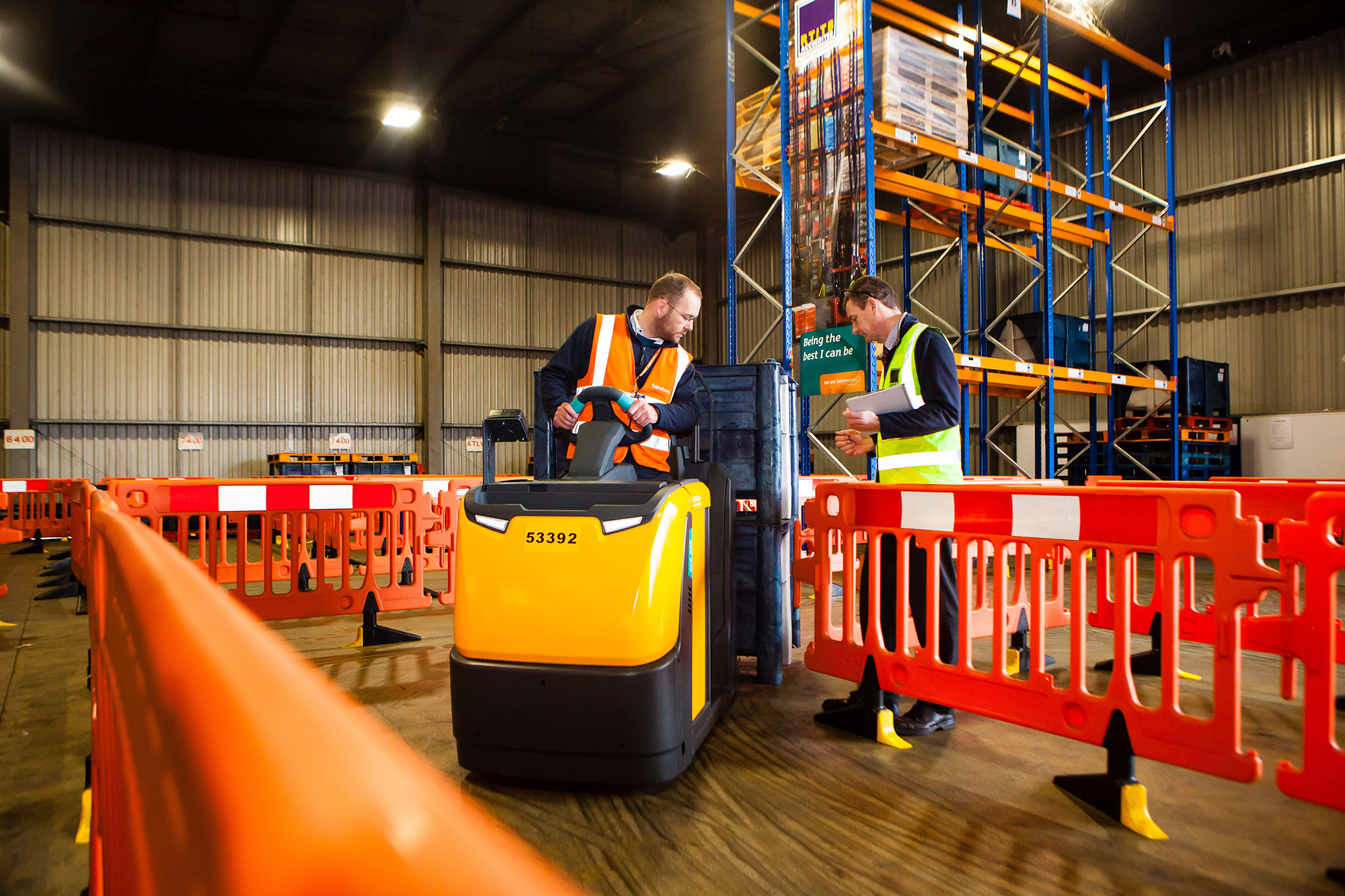
Many businesses that outsource their lift truck training could save thousands of pounds and improve efficiency by training in-house and achieving their own in-house accreditation. RTITB is offering a free of charge cost analysis to help businesses make the right choice.
“Many firms keep outsourcing their lift truck training without stopping to consider if it is right for them,” says Laura Nelson, Managing Director, RTITB, the preferred regulatory body for workplace transport training. “Quite often outsourced training is an exercise to tick a compliance box and can be considered to be the cheaper and easier solution. This is often not the case as the cost of courses, travel, certification, internal administration and the days of wasted training soon mounts up.”
For businesses such as 3PLs, hauliers, food and drink distributors and wholesalers, supermarkets and any type of warehouse operation, in-house accredited training can save valuable time and money.
“For example, when outsourcing, the first two stages of lift truck training are often separated, with five days of Basic Training followed by one or two days of Specific Job Training,” says Laura. “When carried out in-house, the two can be combined in a simple five-day programme, reducing lost-man hours.”
An analysis will often show that accredited in-house training is not only cheaper, but that it provides a return on investment and comes with numerous benefits including consistency, better control for the business, compliance and the use of engaging, business-specific RTITB training materials.
“We focus on providing resources that help businesses to measurably improve safety, reduce risk and increase efficiency, which also increases profit margins,” she says. “To support different operations, businesses can obtain customised course materials from RTITB for varied operations, from chilled and frozen goods handling, to high value consumer goods, to loading and unloading barrels and kegs.”
Howdens Joinery is one example of a business that wanted to standardise material handling equipment (MHE) training for 830 lift truck operators across four of its sites to improve security, safety, compliance and enable effective auditing. All eight in-house instructors are trained to RTITB standards and approved to deliver accredited training.
Another example is British paper mill, James Cropper, that has been RTITB accredited since 1985. With all its staff trained to the RTITB standard, the company not only adheres to PUWER, ACOP and HSE L117 requirements, but has also experienced reduced costs and increased margins. The accredited RTITB training results in a high standard of driving that helps to minimise potential accident related insurance claims or lawsuits, as well as damage.
On a day-to-day basis, in-house training teams can intervene immediately to address any operational problems, helping to improve efficiency and safety and reduce the risk of incident or damage to stock, lift trucks, pallet and infrastructure, positively impacting the bottom line.
In the event of an incident, how would you go about demonstrating and proving compliance if your training provider had closed down and therefore couldn’t provide you with the necessary paperwork? What if they had said they were accredited but in reality, they weren’t? Or worse still, they were accredited by a body who didn’t have thorough quality assurance in place? RTITB accreditation gives businesses access to a completely paperless training and testing app that allows users to export PDFs and CSV files straight into a company’s own Learning Management System (LMS) and access records and documentation at any time that could otherwise have been permanently lost.
To ensure instructors are qualified to carry out the training required for operators on site, RTITB offers training and examination of on-site instructors to its high standards, supporting safety and efficiency, as well as compliance.
RTITB is offering a specific cost analysis, free of charge. To find out more about accredited in-house training from RTITB, visit www.rtitb.co.uk or call +44(0)1952 520207.